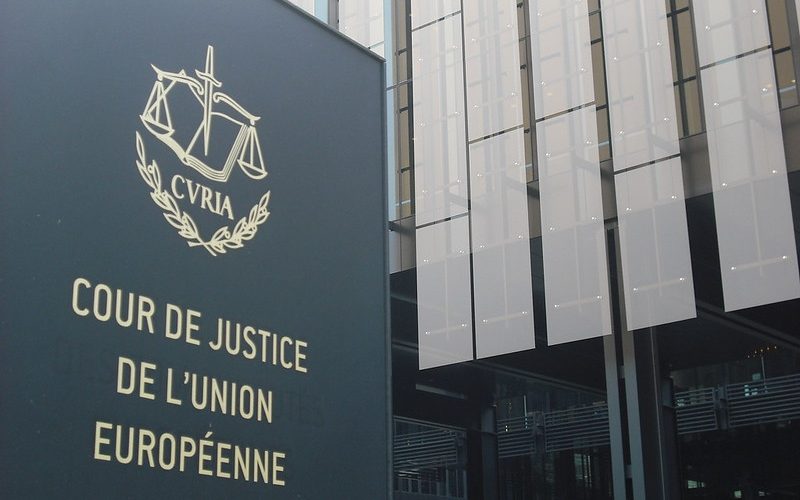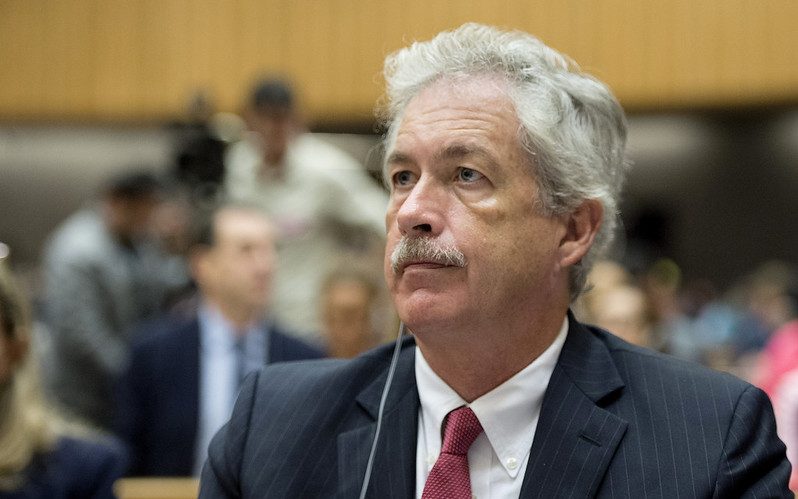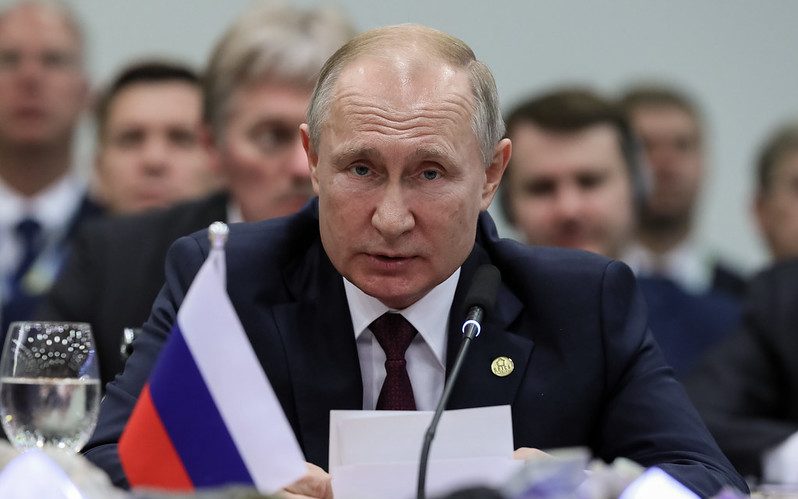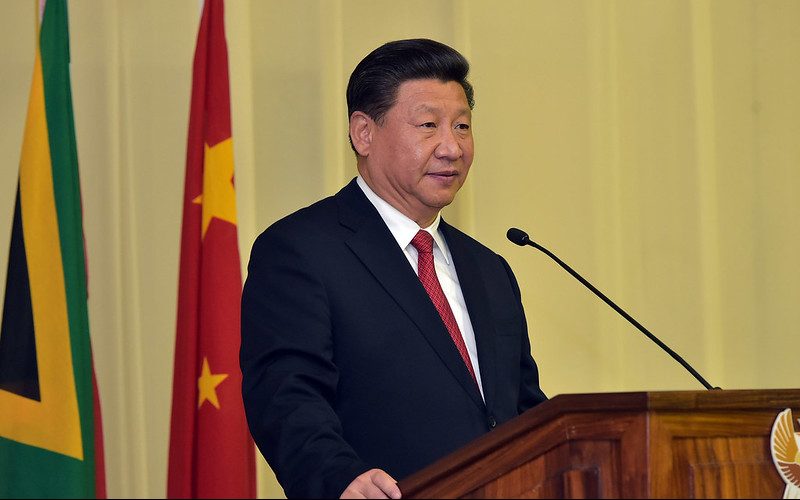
CJEU paves the way for application of the Rule of Law Conditionality Mechanism
On Wednesday, February 16, 2022, the ECJ finally rejected Hungary’s and Poland’s legal challenge, thereby paving the way for the European Commission to withhold EU funds on the grounds of erosion of the rule of law in member states. The Court’s decision allows the EU to take action against member states violating the rule of law, one of the bloc’s core principles.










